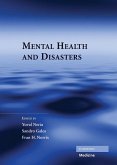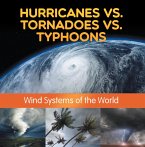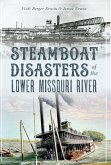Who will step up to meet the challenge of the next rural crisis? Rural practice presents important yet challenging issues for psychology, especially given uneven population distribution, high levels of need, limited availability of rural services, and ongoing migration to urban centers. It is critical that mental health professionals and first responders in rural areas become aware of recent research, training and approaches to crisis intervention, traumatology, compassion fatigue, disaster mental health, critical incident stress management, post-traumatic stress and related areas in rural environments. Critical issues facing rural areas include:
Physical issues such as land, air, and water resources, cheap food policy, chemicals and pesticides, animal rights, corruption in food marketing and distribution, and land appropriation for energy development. Quality of life issues such as rural America's declining share of national wealth, problems of hunger, education, and rural poverty among rural populations of farmers and ranchers. Direct service issues include the need to accommodate a wide variety of mental health difficulties, client privacy and boundaries, and practical challenges. Indirect service issues include the greater need for diverse professional activities, collaborative work with professionals having different orientations and beliefs, program development and evaluation, and conducting research with few mentors or peer collaborators. Professional training and development issues include lack of specialized relevant courses and placements. Personal issues include limited opportunities for recreation, culture, and lack of privacy.
Doherty's first volume in this new series Crisis in the American Heartland explores these and many other issues. Each volume available in trade paper, hardcover, and eBook formats. Social Science: Disasters & Disaster Relief
For more information please visit www.RMRInstitute.org
Dieser Download kann aus rechtlichen Gründen nur mit Rechnungsadresse in A, B, BG, CY, CZ, D, DK, EW, E, FIN, F, GR, HR, H, IRL, I, LT, L, LR, M, NL, PL, P, R, S, SLO, SK ausgeliefert werden.









